In response to the IOM’s fifth recommendation to double the number of nurses with a doctorate by 2020, deans and directors of doctoral nursing programs focus on attracting and preparing the next wave of nurse educators and researchers.
![]() As the respective directors of the Johns Hopkins University School of Nursing’s Doctor of Philosophy (PhD) and Doctor of Nursing Practice (DNP) programs, Hae-Ra Han, PhD, RN, and Mary Terhaar, DNSc, RN, see a Catch-22 in nursing’s future. The field is paced to have 260,000 fewer nurses than it needs by 2025, according to the American Association of Medical Colleges of Nursing (AACN). Yet, if universities continue to graduate doctoral nursing students at the same rate, there will be a dearth of faculty to teach potential new nurses who could fill the gap.
As the respective directors of the Johns Hopkins University School of Nursing’s Doctor of Philosophy (PhD) and Doctor of Nursing Practice (DNP) programs, Hae-Ra Han, PhD, RN, and Mary Terhaar, DNSc, RN, see a Catch-22 in nursing’s future. The field is paced to have 260,000 fewer nurses than it needs by 2025, according to the American Association of Medical Colleges of Nursing (AACN). Yet, if universities continue to graduate doctoral nursing students at the same rate, there will be a dearth of faculty to teach potential new nurses who could fill the gap.
“We’ve got to get schools producing more nurses,” Terhaar says. “But we know that one of the reasons schools can’t accept all of the applicants is because they don’t have enough faculty.”
Han agrees, pointing out that many current nursing faculty members will retire in the next 10 years. “Without more doctorally prepared faculty, schools cannot expose a larger class of students to the health sciences, translational research, and evidence-based practice that will prepare them to become frontline health professionals,” she adds.
The Institute of Medicine (IOM) issued a recommendation for universities to double the number of nurses with a doctorate by 2020 as part of its 2010 report, The Future of Nursing: Leading Change, Advancing Health. Accordingly, nursing schools should strive to matriculate 10 percent of their undergraduate students into master’s or doctoral programs within five years of graduation.
To meet this recommendation, Han says the School of Nursing works to facilitate undergraduate students’ transition into advanced nursing programs. Through the Research Honors program, baccalaureate nursing students are exposed to research early by working with faculty on an ongoing research project. After they receive their undergraduate degree, registered nurses can enroll directly in the PhD program without obtaining their master’s degree first.
In the School of Nursing’s DNP program, enrolling more students is not currently an option. Each year the program fills to capacity with experienced clinicians who can become innovators in healthcare systems. “We’re focused on the quality, the rigor, and the scholarship of our program,” Terhaar says. “We’re producing scholarly DNPs who will be experts in their area of specialization and, while they’re there, be mentors for all those nurses who are going into practice. Our graduates go out with an impressive new skill set and will be able to make practice better.”
Three Johns Hopkins University School of Nursing alumni—who have gone on to become deans of other nursing schools—are also responding to the IOM’s recommendation.
At the University of Colorado College of Nursing, dean Patricia Moritz, PhD, BS ’75, RN, is expanding her faculty to attract more students to the school’s PhD and DNP programs. “It’s a combination of adding additional faculty for more depth in our existing science and specialty areas in the programs that enables broader opportunities for students,” she says. In Oklahoma, Lazelle Benefield, PhD, RN ’72, dean of the University of Oklahoma Health Science Center College of Nursing, wants to increase the speed at which students complete their doctoral degrees. “Often, it takes seven years for people to finish,” she says. “That’s much too long.” To help, the college offers scholarship opportunities to support students who want to study full-time, and the school provides an online PhD program.
The College of Nursing at Villanova University in Villanova, Pennsylvania, is looking for alternative funding opportunities to help students finance their education. “We’re going to have to look to the private sector,” says dean M. Louise Fitzpatrick, EdD, BS ’63, RN, FAAN. Independence Blue Cross, for example, has contributed funding to support scholarships for doctoral nursing students in the greater Philadelphia area.
The next wave of nurse educators and researchers
Money matters when it comes to furthering education. At the Johns Hopkins University School of Nursing, many full-time PhD students are 100% funded with a stipend for the first two years of study. The School also offers additional support—such as the Ellen Levi Zamoiski Doctoral Fellowship and Jonas Nurse Leaders Scholar Program.
In 2005, Ellen Levi Zamoiski’s daughter and son-in-law, Clair Zamoiski Segal and Thomas (Tommy) Segal, established the Ellen Levi Zamoiski Doctoral Fellowship in her honor. “My mother was always impressed by the quality of student chosen to receive the Ellen Levi Zamoiski Fellowship,” says Clair Segal. “She knew each of them would ultimately improve patient care and outcomes because they had been given the opportunity to continue their studies, to recognize problems, to ask the tough questions, and to be the best-equipped to make a difference.”
The Jonas Nurse Leaders Scholar Program recipients are expected to accomplish three goals: 1) be prepared to teach nursing in metropolitan New York; 2) integrate new research findings from clinical sites with theory, knowledge, and practice skills taught in the classroom; and 3) maintain collaborative relationships in the clinical settings, serving from the outset as an advocate for clinical orientation programs that aim to retain nurses by increasing their job satisfaction.
The past and current Ellen Levi Zamoiski Fellows and Jonas Scholars are living up to the expectations set for them. From helping vulnerable populations to providing practitioners with access to research, they are recognizing problems, asking tough questions, making a difference, integrating research, advocating, and educating future nurses.
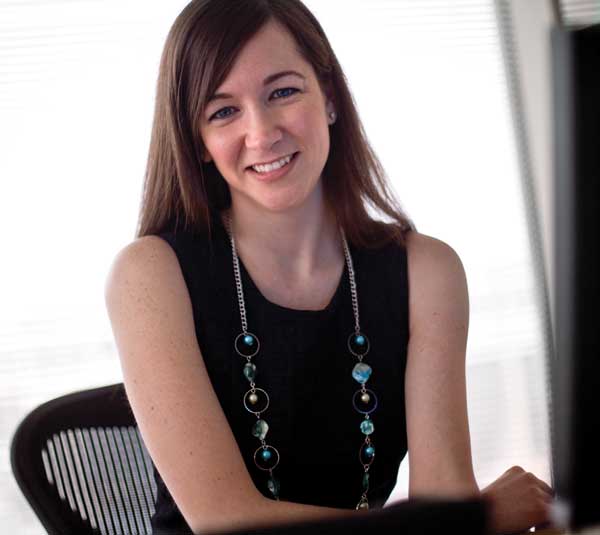 Jessica Roberts Williams, PhD ’08, MSN/MPH ’05, RN
Jessica Roberts Williams, PhD ’08, MSN/MPH ’05, RN
Ellen Levi Zamoiski Fellow, 2005-2006
From the moment a healthcare researcher decides on a topic of study, it takes an average of 10 years before the results will impact patients, says Jessica Roberts. “That’s too long,” she continues. “So how can we shorten this gap and help make findings more relevant for the patient population?” As a consultant with MANILA Consulting Group in McLean, Virginia, Williams is currently synthesizing research literature on topics such as HIV/AIDS prevention and reproductive health, and testing strategies for dissemination so that this information can be seamlessly distributed to practitioners in the field. Williams first became interested in evidence-based practice while she was in the PhD program. Her dissertation focused on the relationship between relational aggression and dating violence among urban middle school youth, a part of an arts-based initiative for the prevention of dating violence funded by the Centers for Disease Control and Prevention.
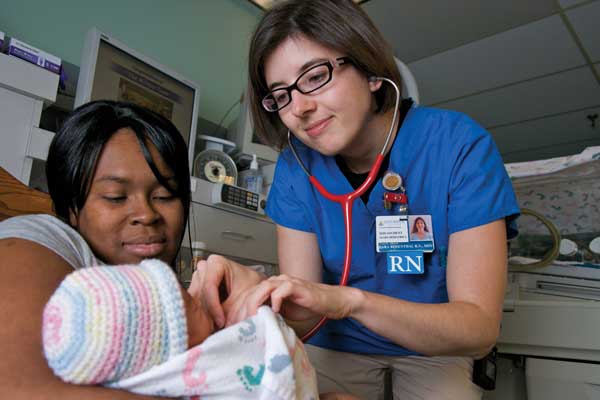 Sara Rosenthal, MSN ’08, BS ’04, RN
Sara Rosenthal, MSN ’08, BS ’04, RN
Ellen Levi Zamoiski Fellow, 2006-2007
As an undergraduate in the Johns Hopkins University School of Nursing Research Honors Program, Sara Rosenthal learned that the observations a nurse makes in her work can also become fascinating research questions. “That opened me up to the possibility of research,” she says. “After I graduated and I entered the field, I started thinking about what I was seeing in my practice.” As a neonatal intensive care (NICU) nurse, Rosenthal was struck by the way parents make decisions in high-stress situations. Some wanted to maintain control over how their baby was treated, while others preferred to let the hospital staff take charge. For her dissertation she studied the factors that influence parent decision-making in the NICU, from education and race to the amount of trust that parents have in their healthcare providers. It’s a topic that continues to fascinate her. Rosenthal is expected to receive her PhD this coming May and plans to teach. She also wants to further investigate parent decision-making in the NICU.
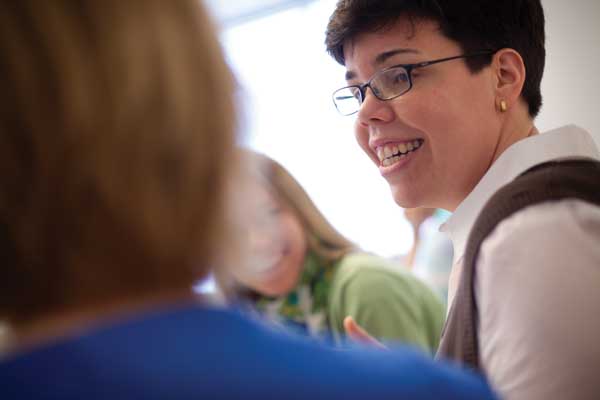 Jan Kaminsky, Accel. ’04, RN
Jan Kaminsky, Accel. ’04, RN
Jonas Scholar, 2008-2012
“The most horrible thing is for a mother to be separated from her newborn, whether you’re a prisoner or not,” says Jan Kaminsky, a part-time pediatric intensive care unit nurse at Saint Barnabas Medical Center in New Jersey and a clinical instructor at Hunter College in New York City. For her dissertation Kaminsky is part of a Columbia University research project that focuses on attachment issues between incarcerated mothers and their babies at Bedford Hills Correctional Facility in Bedford Hills, New York—a prison that allows mothers to keep their babies with them in a special part of the facility for up to 18 months. Kaminsky uses a conflict tactics scale to research child discipline tactics among mothers after their release from the facility. After she graduates in August, she hopes to start a full-time tenure track position at a New York university.
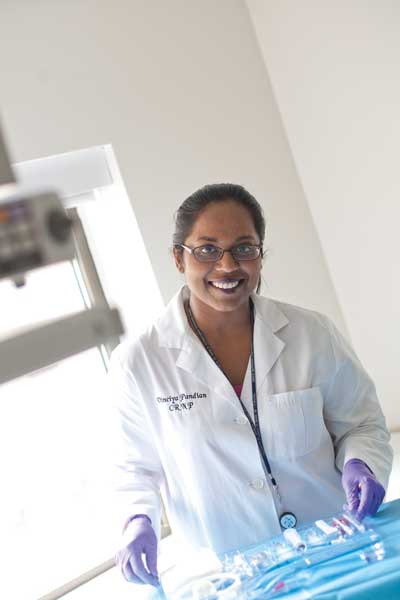 Vinciya Pandian, MSN ’04, CRNP
Vinciya Pandian, MSN ’04, CRNP
Ellen Levi Zamoiski Fellow, 2008-2009
When Vinciya Pandian became an intensive care unit nurse practitioner, she saw many clinical problems that were not yet being studied. “I decided I needed to go back to school to learn research skills if I really wanted to affect how patients are cared for,” she says. Pandian focuses on helping healthcare providers and patients’ family members understand the benefits of tracheostomy. “For patients who get a tracheostomy, their quality of life improves because now they are able to talk,” she says. “Tracheostomy is actually a step forward that can help patients get off of the ventilator.” Pandian has interviewed patients who are still able to communicate while on a ventilator and developed a quality-of-life questionnaire geared specifically toward patients who are both intubated and who receive a tracheostomy. After she receives her PhD in 2013, she plans to pursue a combination of clinical work, research, teaching, and administration.
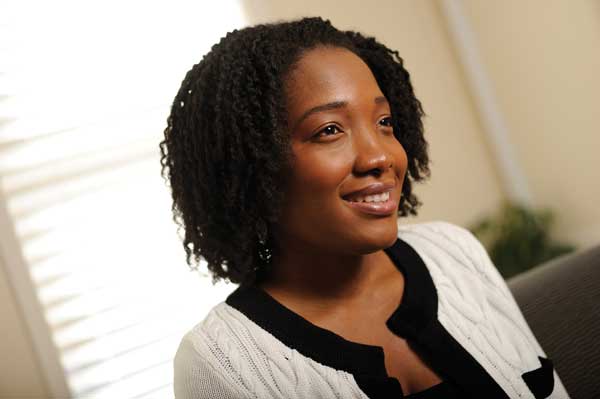 Yvonne Commodore-Mensah, RN
Yvonne Commodore-Mensah, RN
Jonas Scholar, 2010-2012
Yvonne Commodore-Mensah wants to educate the next generation of nurses about cardiovascular health in vulnerable populations. Her research centers on cardiovascular disease risk factors and behaviors
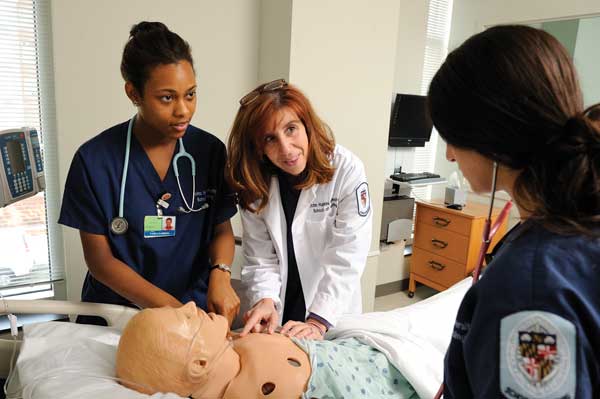 Christine Keenan, MSN, RN
Christine Keenan, MSN, RN
Jonas Scholar, 2010-2012
Your patient is crashing. Quick—what do you do? Christine Keenan is using simulation technology to investigate how clinicians make decisions in time-sensitive situations. In addition to teaching after graduation, she plans to continue looking at simulation’s impact on patient outcomes.
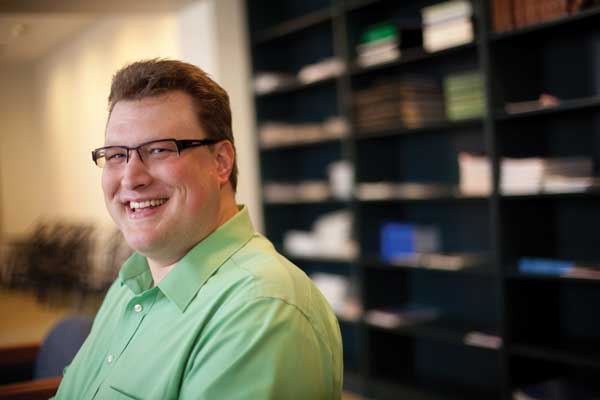 Bryan Hansen, RN
Bryan Hansen, RN
Jonas Scholar, 2010-2012
Bryan Hansen wants to “straddle the line” between research and direct practice. Currently a part-time forensic nurse examiner at Mercy Medical Center in Baltimore, Maryland, his research focuses on preventing pressure ulcer development among older adults who are vulnerable to neglect. He also hopes to impact U.S. policy development that can improve this population’s quality of life.
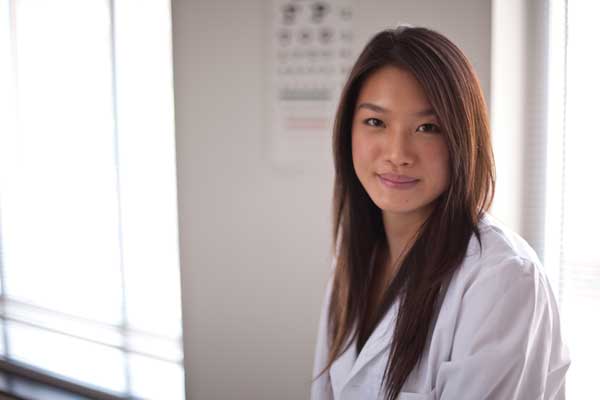 Grace Ho, BS ’09, RN
Grace Ho, BS ’09, RN
Jonas Scholar, 2010-2012 and Ellen Levi Zamoiski Fellow, 2010-2011
After volunteering in two child abuse clinics, Grace Ho found her clinical and research interests: child abuse and corporal punishment. For her dissertation she is examining the way parents differentiate physical discipline from child abuse and anticipates that this topic will continue to inform her research. Then, as a clinician, Ho wants to use her research to educate parents about child abuse.

 Forging Policy: How Can Doulas Improve Black Maternal Health?
Forging Policy: How Can Doulas Improve Black Maternal Health?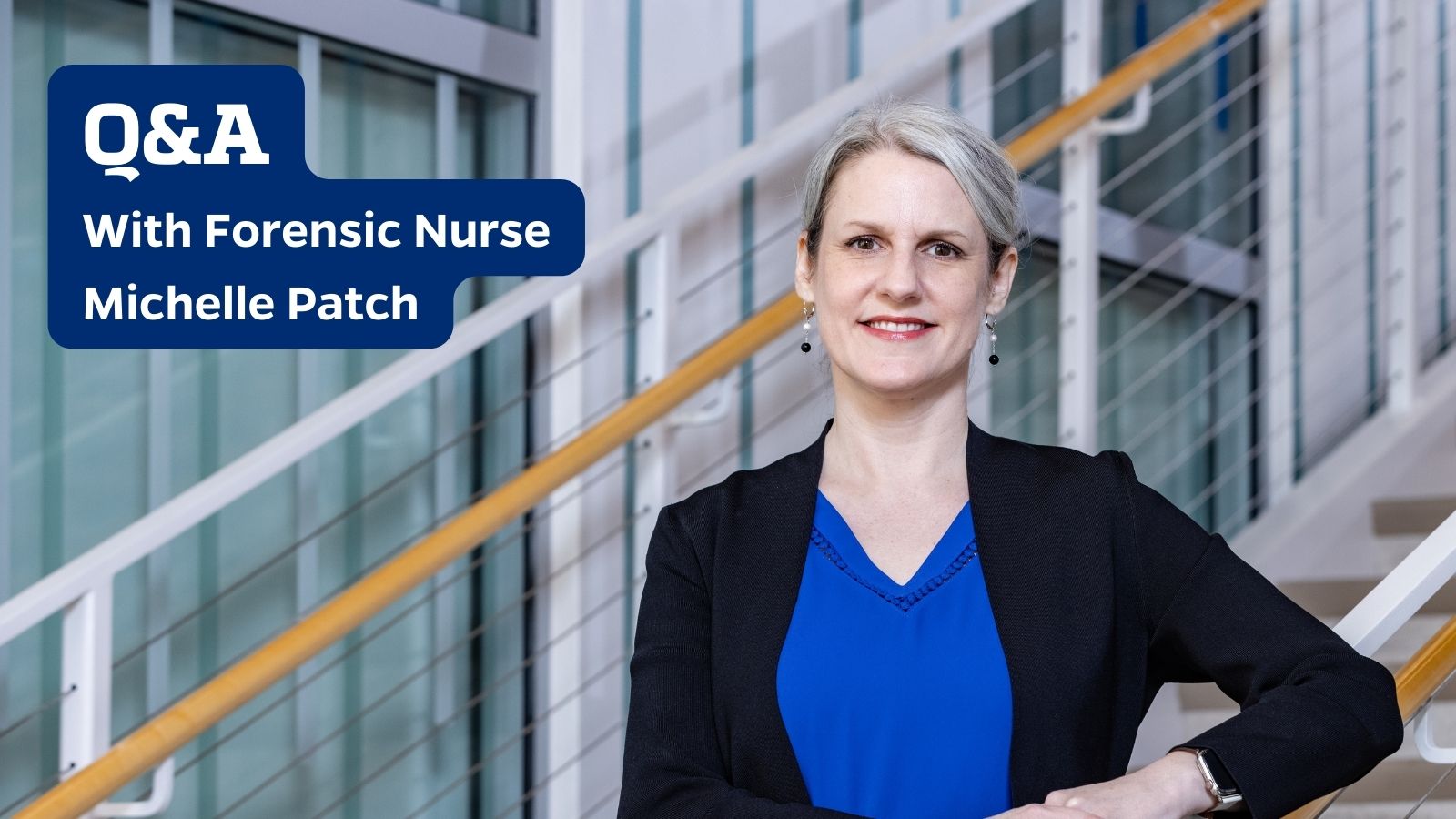 Q & A With Forensic Nurse, Michelle Patch
Q & A With Forensic Nurse, Michelle Patch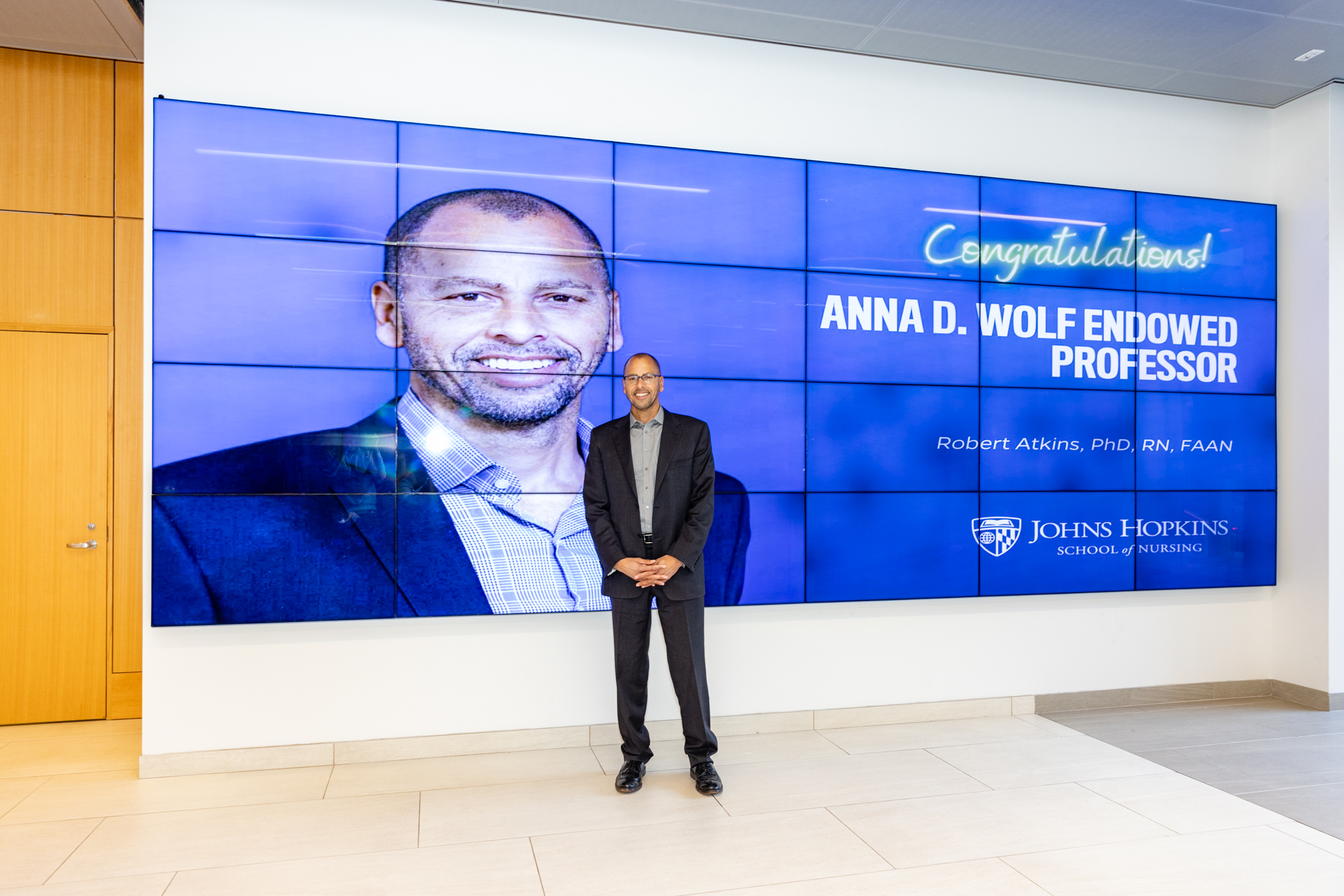 Dr. Robert Atkins, Anna D. Wolf Endowed Professor
Dr. Robert Atkins, Anna D. Wolf Endowed Professor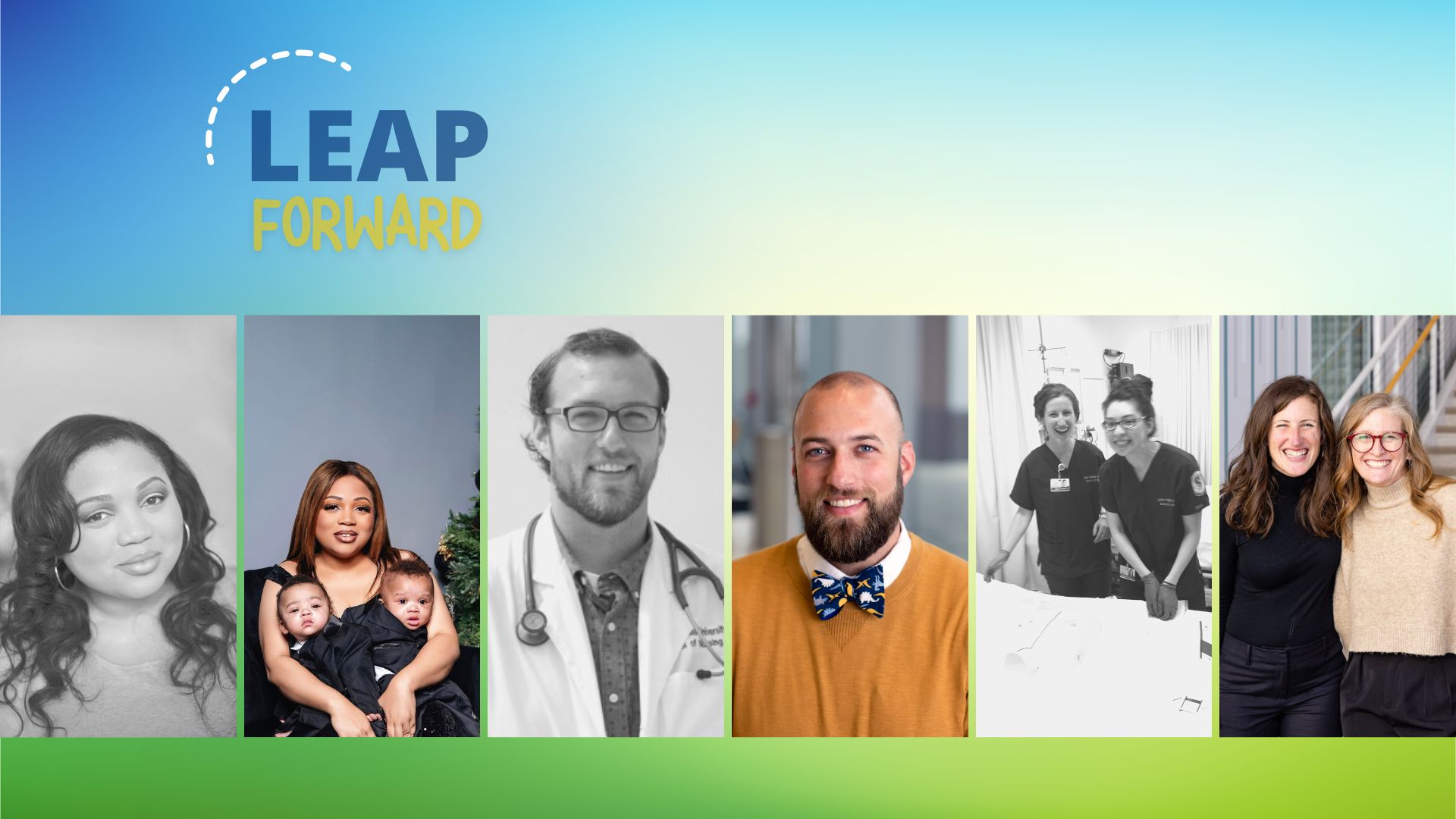 Leap Forward: Where are They Now
Leap Forward: Where are They Now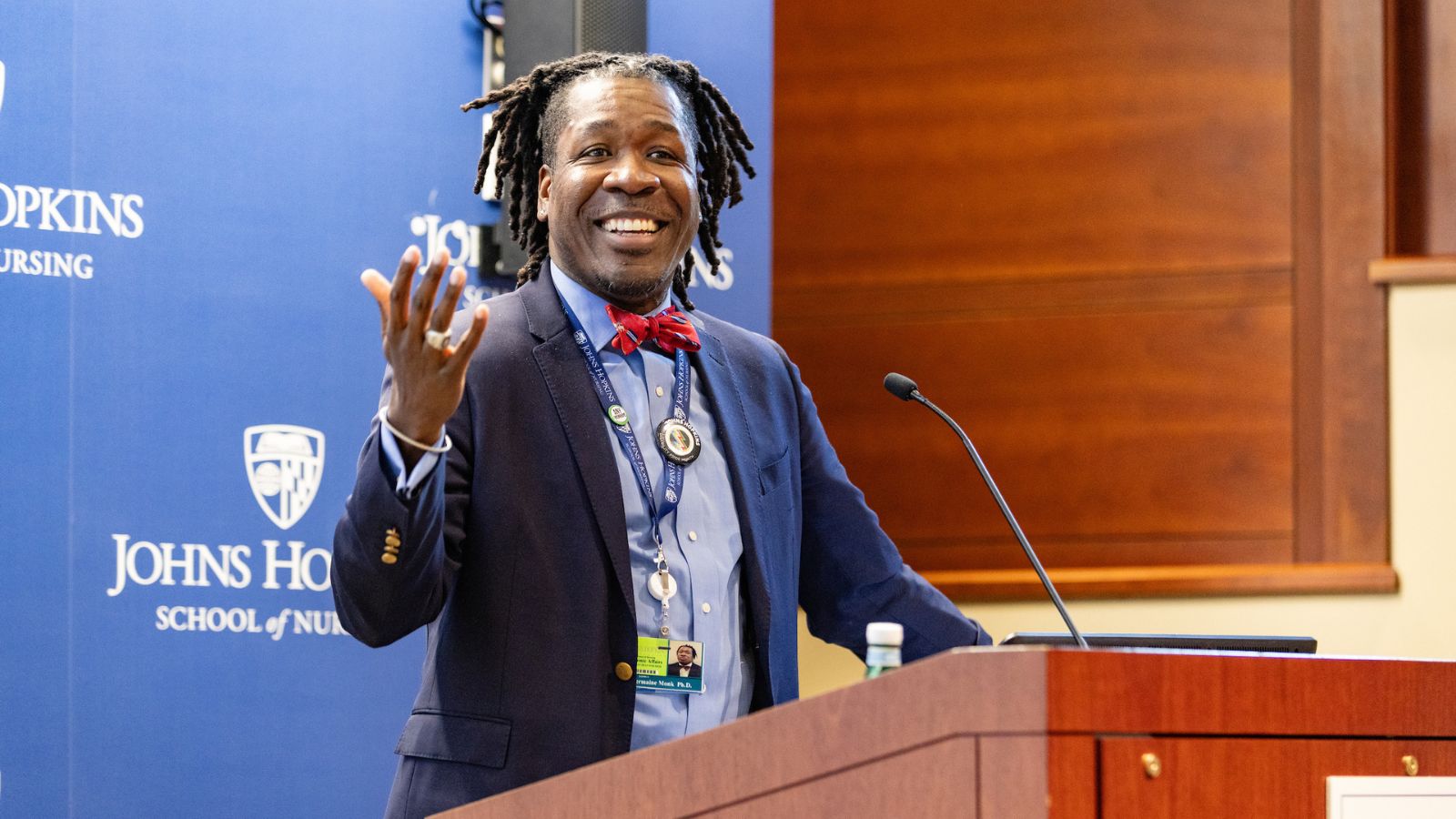 Forging Policy: Associate Dean Jermaine Monk and Education After Affirmative Action
Forging Policy: Associate Dean Jermaine Monk and Education After Affirmative Action






